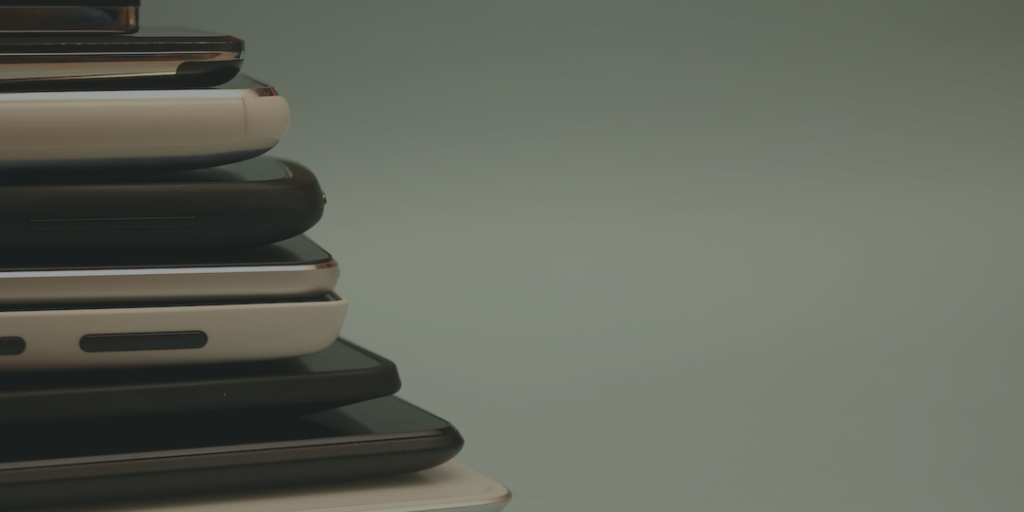Imagine: You’re sitting at your desk, working on a project with a fast-approaching deadline when the phone rings. You try to ignore it, but it’s difficult for you to focus now, so you just pick it up. Four minutes after you hang up, you hear the familiar ding of an email notification. You glance up and see the banner confirms it’s from corporate. You really want to make progress on this project but think to yourself that email may be urgent—a lot is going on in the world. You determine a quick peek won’t cost you much time, so you open it. That’s when you notice an email from yesterday that you totally forgot about. UGH! Now that familiar feeling arises. The one that says you can’t keep up. But you swallow that feeling down and press forward! The next thing you know, it’s time for lunch. You head out for a quick bite, cell phone at your hip. You feel the vibration as you walk down the hall. With the skill and precision of an old western gunslinger, your hand moves toward your side, deftly removing your phone from its holster and raising it to your ear. A torrent of words bursts forth as one of your team members unloads his frustration about the project you were supposed to dedicate the morning to, and you realize food will have to wait.
Sadly, little imagination is needed to picture that scenario because it’s frequently our reality. We are tethered to our computers, tablets, phones, and other technology all the time. What would we say if someone told us that we’re overstimulated? That our technology is having an impact on our productivity and efficiency, at home and at work? What if they went a step further and said that technology could be decreasing our team’s effectiveness and efficiency? Would we agree?
All of us wish we had more time to get things done. That’s part of technology’s appeal; it’s supposed to help us be more productive. But it’s not how much time we have that’s important, it’s how we use the time we have. And the very tools that promise to help us use time wisely are one of many ways our attention is being stolen. So, how do we escape the trap?
Shift the Culture. Technology has been woven into the tapestry of our lives. Many of us wouldn’t know what to do without our phones in our pockets, our laptops open on the meeting table, and our tablets sitting in our laps each evening. Setting boundaries on technology isn’t easy, but for the sake of our attention, and the deep work and connections it encourages, we should consider how to use technology responsibly. We believe the key to increasing our productivity (and peace of mind) is to shift the way we approach technology. Here are a few examples we’ve implemented successfully.
- Turn off instant notifications on email for all devices (e.g., computer, phone, tablet). Obviously, we’re expected to check our email throughout the day, but we shouldn’t encourage a Pavlovian response each time we receive an email. Instead, check email three or four times a day, at designed times. Also, share this practice with others, which will allow you to create proper expectations around response time.
- Place phones in airplane mode (or turn them off) when in a conversation, training, or meeting, or when taking a vacation day. Communication is critical, which is why we should treat the person we’re with as the most important person in the world right then. We need to hear what they have to say first. Then we can focus on the people whose calls we need to return.
- Use the Do Not Disturb feature offered on many devices. Typically, these allow users to set times after which only select calls will come through, and applications will be disabled unless intentionally allowed to run. Have those times coincide with a routine bedtime to support healthy sleeping habits.
- Establish a technology-free day each week. Unless you’ll get fired, turn off devices on Saturday or Sunday (or whatever is your day off) and just enjoy outdoor activities, family and friends, food, fun, and life in general. Our batteries will recharge more effectively away from a screen!
—–
The Pay-Off: We believe if you try one or more of these suggestions, you’ll start to conquer distractions, strengthen your focus muscle, and become more productive. And the bonus: you’ll probably find more enjoyment in life. We either rule technology, or it will rule us—the choice is ours!


















